Non Disclosure Agreement
Jim Clark Co
Free Template
A nondisclosure agreement or NDA outlines the arrangement between two or more parties for sharing confidential information. It typically describes the type of information protected, the purpose of disclosure, confidentiality duration, permitted use, and conditions for information return or destruction.
A nondisclosure agreement, often called an NDA or confidentiality agreement, is a written agreement between parties that limits how shared information may be used or disclosed. It typically applies when sensitive business details, creative work, or technical data are exchanged for professional or commercial purposes. NDAs are widely used across industries to support collaboration while keeping private information secure.
NDAs appear in many business and creative settings. Companies often use them when discussing partnerships, hiring new employees, or working with contractors who may access confidential data. Startups rely on them when sharing early product ideas, while agencies or freelancers may use NDAs to protect client information or intellectual property.
These agreements are not limited to large corporations; they are also common among small businesses, consultants, and independent professionals who handle proprietary work or client materials.

NDAs generally follow one of three common formats, depending on who is sharing information.
The structure may vary, but the general purpose remains the same: to identify what information is private and how it must be handled.
Most NDAs share similar sections that define the scope of confidentiality and the responsibilities involved. Common areas include:

NDAs provide a framework for handling private or sensitive information during professional interactions. They typically describe what is confidential, how long the duty of confidentiality lasts, and under what limited circumstances disclosure may occur. NDAs are commonly used in collaborations, negotiations, and project-based work where transparency and structured information management are important.

Jim Clark Co
This Nondisclosure Agreement ("Agreement") is made and entered into on , by and between:
1. Purpose
The Disclosing Party agrees to disclose certain confidential and proprietary information to the Receiving Party solely for the purpose of:
2. Definition of Confidential Information
For the purposes of this Agreement, “Confidential Information” shall include, but not be limited to: financial information, customer lists, pricing strategies, business plans, trade secrets, proprietary technology, designs, inventions, software, data, marketing plans, operations, and all written, oral, or electronic materials or information shared in connection with the stated purpose.
Disclosure of Confidential Information to the following third parties is permitted, provided they are subject to confidentiality obligations no less restrictive than those in this Agreement:
Permitted use of the Confidential Information shall be limited exclusively to the performance of the Receiving Party’s obligations related to the above-stated purpose and shall not be used for any other purpose without the prior written consent of the Disclosing Party.
3. Exclusions from Confidential Information
This Agreement does not apply to information that:
4. Term and Duration
This Agreement shall commence on the date stated above and shall remain in effect for a period of:
One (1) year
Two (2) years
Other:
Confidentiality obligations shall survive termination and remain in effect until the expiration of the term specified above, or longer as required by applicable law.
5. Legal Disclosure
The Receiving Party may disclose Confidential Information as required by law, court order, or governmental regulation, provided that the Receiving Party gives the Disclosing Party prompt written notice and reasonably cooperates to limit the extent of such disclosure.
6. Handling and Return of Confidential Information
Upon termination of this Agreement or upon the written request of the Disclosing Party, the Receiving Party shall:
7. Non-Solicitation (Optional)
For a period of months following the termination of this Agreement, the Receiving Party agrees not to solicit, recruit, or hire any employee or contractor of the Disclosing Party without the Disclosing Party’s prior written consent.
8. Termination
Either Party may terminate this Agreement with days’ written notice to the other Party. Termination shall not relieve either Party of their obligations with respect to Confidential Information disclosed prior to termination.
9. Amendments
No amendment or modification of this Agreement shall be valid unless made in writing and signed by authorized representatives of both Parties.
10. Governing Law
This Agreement shall be governed by and construed in accordance with the laws of the State of .
11. Entire Agreement
This document contains the entire agreement between the Parties regarding the subject matter herein and supersedes all prior oral and written agreements.
IN WITNESS WHEREOF, the Parties have executed this Non-Disclosure Agreement as of the dates written above.
Answers to our most asked questions about non-disclosure agreement templates
Contact usDiscover more articles that align with your interests and keep exploring.